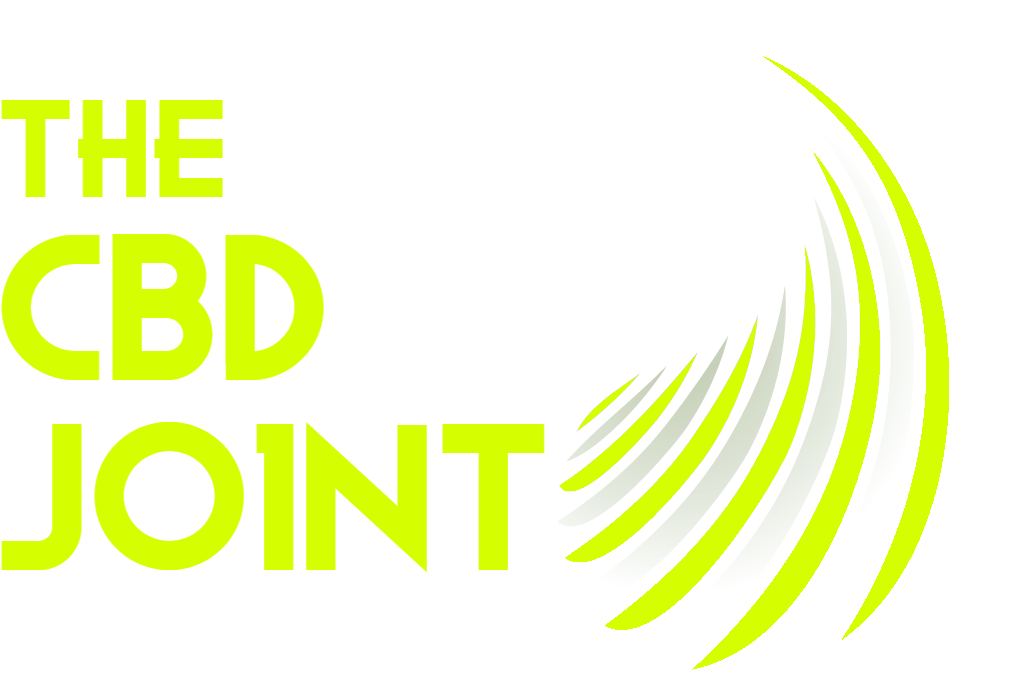Addiction is a complex condition that involves physical and psychological dependence on a substance. Substance abuse can cause changes in the brain that make it difficult to quit, leading to withdrawal symptoms and cravings when the substance is not present.
CBD has been found to have potential benefits in the treatment of addiction by reducing withdrawal symptoms and cravings associated with substance abuse. In a 2015 review published in the journal Substance Abuse, researchers concluded that CBD may have therapeutic properties for the treatment of addiction to opioids, cocaine, and psychostimulant drugs.
One way in which CBD may be effective in the treatment of addiction is by interacting with the endocannabinoid system, a complex network of receptors and neurotransmitters that play a role in regulating various bodily functions, including mood, appetite, and pain. CBD has been found to modulate the activity of the endocannabinoid system, which may help to reduce withdrawal symptoms and cravings associated with substance abuse.
In addition to its potential benefits for addiction, CBD has also been found to have a low risk of addiction itself. In a 2017 study published in the journal Current Addiction Reports, researchers found that CBD has a low potential for abuse and dependence, and may even have potential as a treatment for addiction to other substances.
While more research is needed to fully understand the potential benefits of CBD for addiction treatment, early studies suggest that it may be a promising treatment option. It’s important to note that CBD should not be used as a replacement for other treatments for addiction, and any use of CBD for addiction should be discussed with a healthcare provider.
